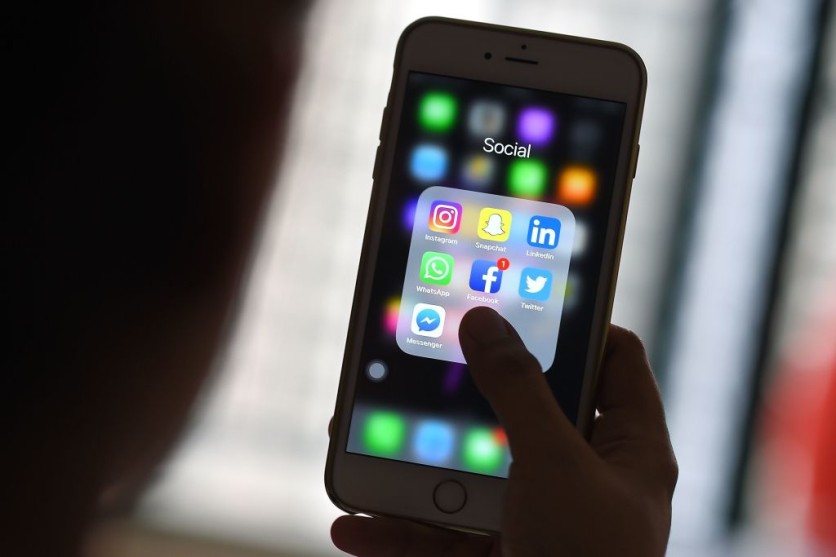Social media companies are now believed by 78% of American adults to harbor too much political power, as revealed by a new survey by the Pew Research Center.
Since 2020, many Americans, especially Democrats, feel that social media firms have too much political influence.
A recent Pew Research Center study of 10,133 American adults conducted February 7-11, 2024, found that around eight out of ten (78%) believe these firms have too much power and influence in politics now. This is a rise from 72% in 2020.

While only 4% believe the firms do not have enough political power, another 16% believe these sites have the appropriate degree of political influence.
The perception that big corporations have too much political power is higher among Republicans and Republican-leaning independents (84%) than among Democrats and Democratic-leaning independents (74%).
Democrats now believe more widely, at 74%, that social media corporations have excessive political authority and influence, compared to 63% in 2020. Republicans' sentiments have not changed significantly since 2020.
Read Also: TikTok Ban: No Selling, Divest Operations Amidst US Shut Down Threats
Social Media's Effects on the Nation
Both political parties' majorities are concerned about social media's detrimental effects on the nation, with Republicans being more cautious than Democrats (71% vs. 59%).
Nevertheless, a growing percentage of Democrats-59% in our most recent poll, up from 53% in 2020-think these principles will primarily negatively influence the nation.
In contrast, the percentage of Republicans who believe social media harms the state of affairs in the nation has decreased from 78% in 2020 to 71%.
There are many reasons why social media is seen as a political giant. Its basic features propel people into the most powerful and influential positions.
Social Media And Political Campaigning
Indonesia is said to have the highest number of TikTok users, followed by America, with over 125 million monthly active users. A typical user of one of the country's most widely used social networking sites spends 29 hours per month reading through the feed.
The three presidential candidates for Indonesia during its most recent elections were all inspired to create youth-focused content for TikTok, which is owned by Bytedance, due to its extensive reach.
Former Jakarta governor Anies Baswedan gained popularity among K-pop fans, former Central Java governor Ganjar Pranowo promoted posts about penguins, and Defense Minister Prabowo Subianto went viral with a video of him dancing for the general public.
Social media has supposedly made politics more enjoyable. As a social media analyst at the consultancy Indonesia Indicator, Rustika Herlambang notes that whereas X (formerly Twitter) is used by those interested in politicians' policies, TikTok is reducing the election to memes, songs, and dances.
Related Article: Why a US TikTok Ban Hurts Businesses Beyond Entertainment

(Photo: Tech Times)
ⓒ 2025 TECHTIMES.com All rights reserved. Do not reproduce without permission.




